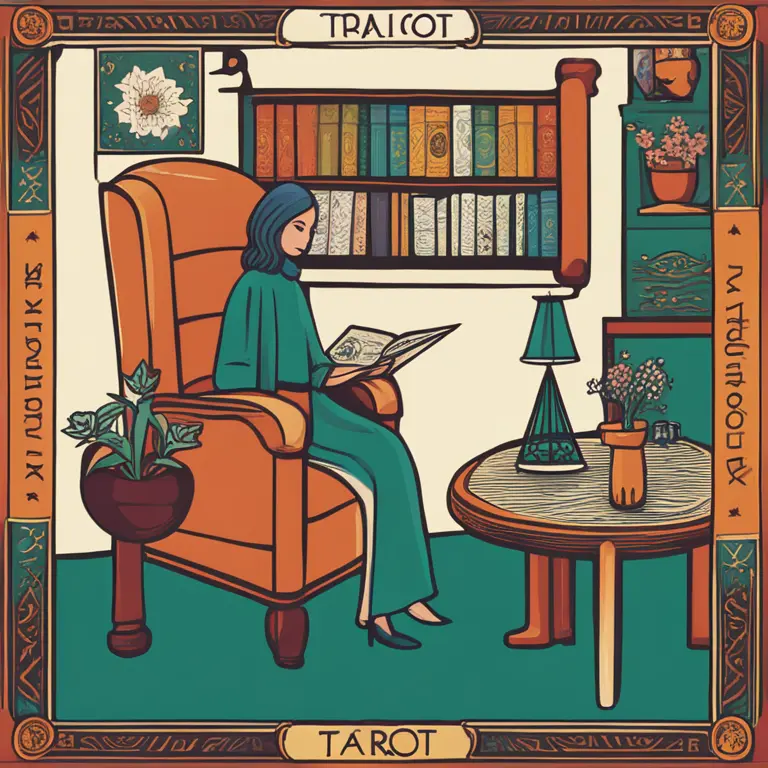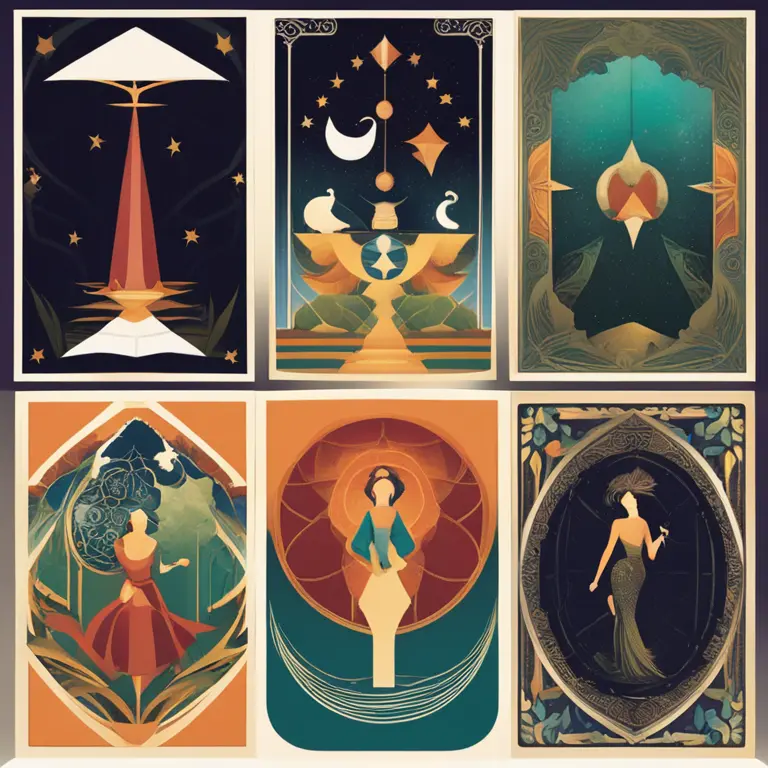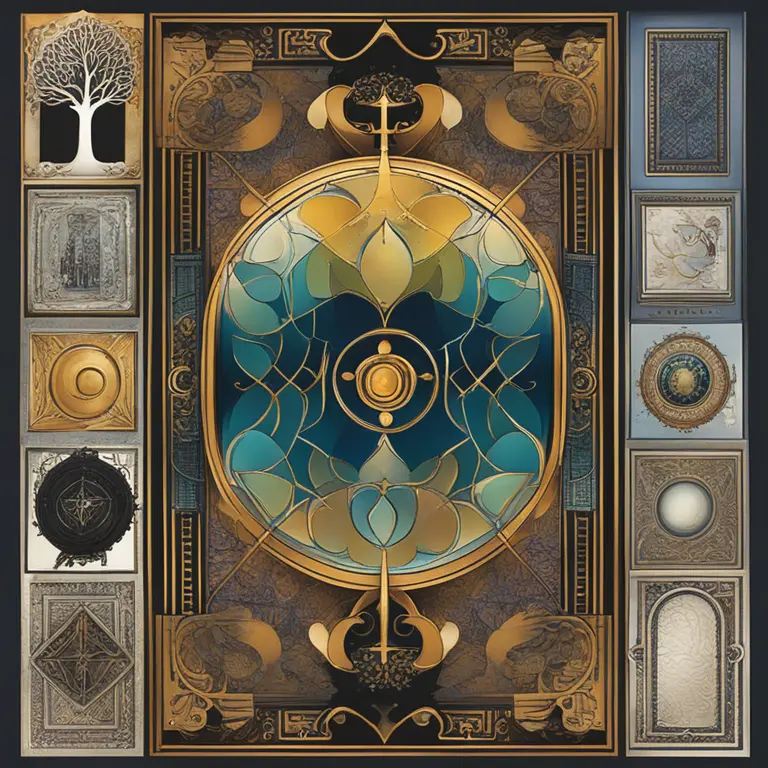
Tarot Roots and Psychological Ties
The ancient practice of tarot has traversed centuries, often perceived as a prophetic tool shrouded in mysticism. Yet in modern times, a fresh perspective emerges as tarot reading aligns with psychological concepts. This synergy unveils the tarot as a mirror to the psyche, reflecting personal narratives and subconscious dilemmas. The deck, rich in archetypal imagery and symbolism, often parallels the themes found in Jungian psychology, serving as a conduit to explore the human condition and internal conflicts.

Archetypes and The Major Arcana
Carl Jung introduced the theory of archetypes, universal, primal symbols that reside in the collective unconscious. Correspondingly, the Major Arcana in tarot decks encompasses these archetypal figures, such as The Fool signifying the beginning of a journey, akin to the hero archetype. Psychologically, drawing these cards can initiate introspection and uncover facets of one's character development or life stages. The intersection of tarot and psychology lies in the interpretation of these symbols to facilitate personal growth and understanding.

Cards as Reflective Tools
The use of tarot transcends simple fortune-telling; it becomes an introspective practice that invites individuals to reflect on their situations. In therapy, similar techniques are employed to provoke reflection and discussion. Tarot cards can act as projective tests, akin to the Rorschach inkblot test, revealing inner thoughts and emotions based on the individual's interpretation of the imagery, thus becoming a profound tool in the psychological exploration of the self.

Therapeutic Tarot in Practice
Some therapists have incorporated the tarot within their practice, using cards not to predict futures but to explore current mental states and traverse emotional landscapes with clients. The narrative emerging from a tarot spread can highlight issues pertinent to one's life which may have remained unaddressed. By crafting a story through the cards, therapists can guide clients to find clarity and uncover different perspectives on their challenges while maintaining focus on their mental well-being.

Empowerment through Readings
Tarot readings can empower individuals by offering alternative viewpoints and encouraging autonomy in decision-making. Drawing from astrological projections relevant for 2024 and beyond, tarot adds an additional layer of personal relevance when cards resonate with astrological signs or cosmic developments. This coupling with up-to-date astrological insights ensures the readings stay dynamic and reflective of contemporary existential ponderings.
The Skeptic's Receptivity
It's crucial to address the skepticism surrounding tarot and highlight its value irrespective of one's belief in spiritual or paranormal realms. Regardless of its mystical roots, the psychological benefits of tarot are grounded in its ability to evoke introspection and dialogue. Skeptics may find comfort in viewing the tarot as a storytelling device or a creative medium for self-improvement and mindfulness.
Published: 1/17/2024
Modified: 1/17/2024
More predictions
Come back here soon to learn more about yourself and your future


Beginner's Guide to Tarot: A Simple Start
Your journey into tarot starts here. Discover the essential insights of tarot reading in a simple, accessible guide for every beginner.


Is He In Love? The Tarot Reveals
Delve into the world of tarot to discover if he harbors feelings of love for you — a mystical guidance to the matters of the heart.